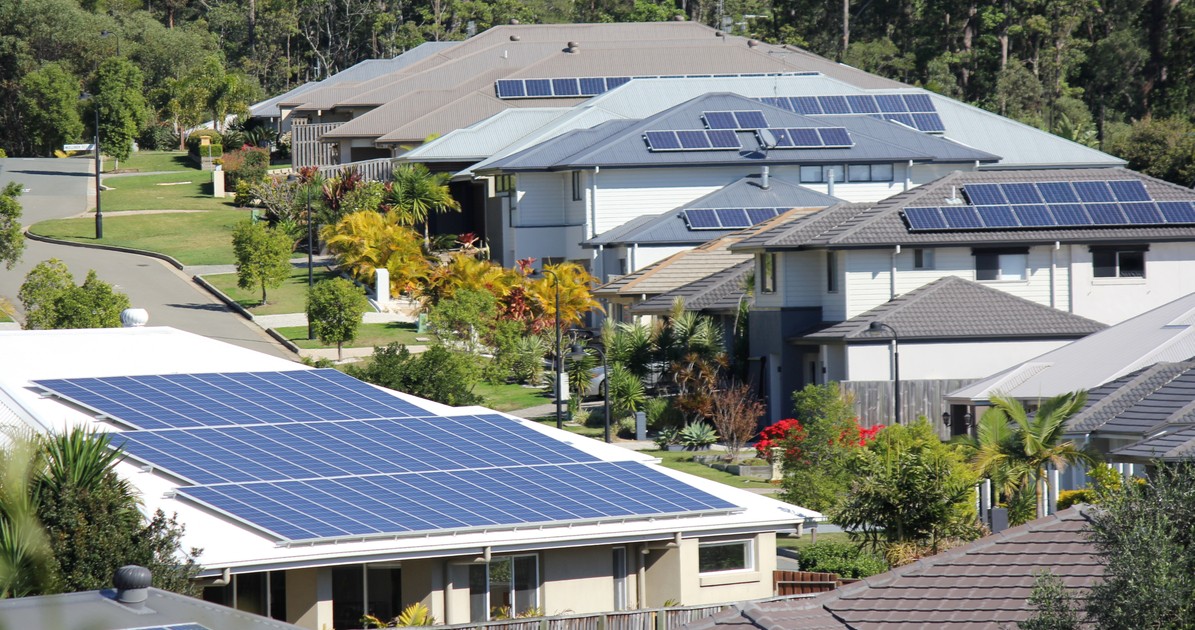Integrated+ is made possible by the Federal Government’s Consumer Data Right (CDR) program, which aims to standardise secure data sharing for the benefit of consumers, and, quote: “…allows you to ask for your data to be securely transferred to an accredited provider so you can investigate, compare and access services more easily”.
Initially implemented in the banking sector, this program has now been expanded to encompass the energy sector, with the big three retailers with 65% market share taking part, and more retailers to come, following rules that any retailer with more than 10,000 customers will be required to comply with the CDR.
There are limitations to the potential savings, though they are substantial, with households saving from $500-$1,000 upfront, depending on meter types and switchboard changes required, including three-phase setups. That is partially offset by the need to pay a monthly subscription of around $10 per month to Solar Analytics for Integrated+, though there are additional features beyond the service.
Additionally, the standard method for data uploads on retail metering involves a once-daily data upload, which may not be ideal for solar owners seeking real-time data, meaning consumption data will always be historical and a day behind. Still, the company said the majority of solar owners who participated in the trial found it sufficient.
Nigel Morris, head of business development at Solar Analytics, told pv magazine, “Having been in the solar industry for 30 years, it has always bothered me that valuable data captured by retail meters was not easily accessible to solar owners, necessitating additional expenses of around $500 for consumption metering. It has taken far too long, but retailers are now legally obligated to share this data. It is a game-changer for solar owners and, in my opinion, represents the future of data access.”
Morris further explained, “We already have a highly successful API data sharing system in place with major solar inverter companies, enabling us to collect data directly. However, for sites where inverter consumption metering is impractical or costly, utilising an API connection to retail meter data is an ideal solution. Solar Analytics can now merge these data streams, providing owners with the best of both worlds.”
This content is protected by copyright and may not be reused. If you want to cooperate with us and would like to reuse some of our content, please contact: editors@pv-magazine.com.









By submitting this form you agree to pv magazine using your data for the purposes of publishing your comment.
Your personal data will only be disclosed or otherwise transmitted to third parties for the purposes of spam filtering or if this is necessary for technical maintenance of the website. Any other transfer to third parties will not take place unless this is justified on the basis of applicable data protection regulations or if pv magazine is legally obliged to do so.
You may revoke this consent at any time with effect for the future, in which case your personal data will be deleted immediately. Otherwise, your data will be deleted if pv magazine has processed your request or the purpose of data storage is fulfilled.
Further information on data privacy can be found in our Data Protection Policy.